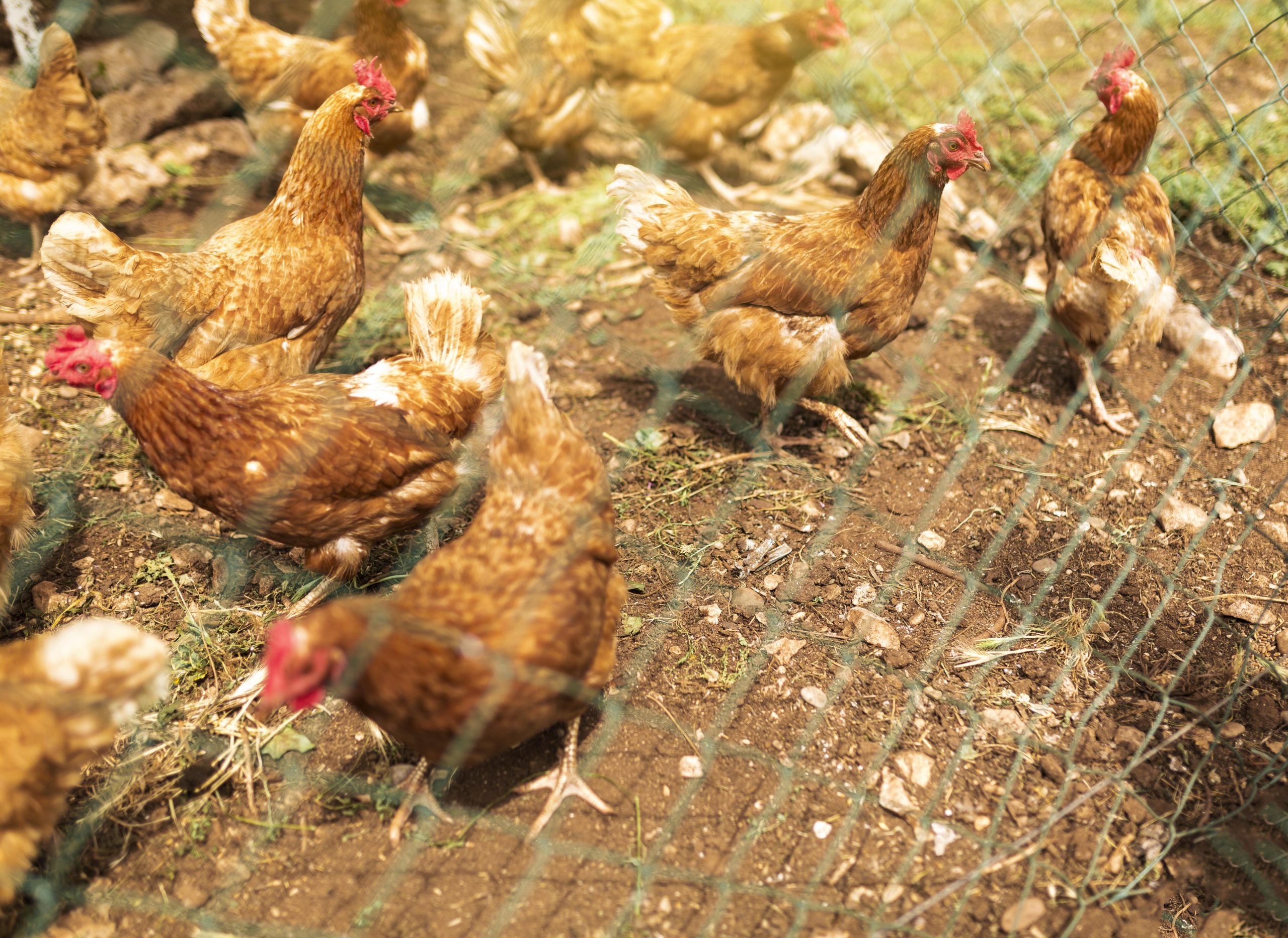India has reported eight outbreaks of highly pathogenic H5N1 bird flu in farms and backyard poultry in Andhra Pradesh, according to the World Organisation for Animal Health (WOAH). These outbreaks have resulted in the death or culling of approximately 602,000 poultry birds, raising serious concerns about public health and economic stability.
Government Response and Preventive Measures
The Central Government has issued alerts and intensified surveillance measures across multiple states, including Jharkhand and Punjab, where similar cases have been reported. Experts are emphasizing the importance of biosecurity measures for farmers and individuals handling poultry to prevent further spread of the virus.
The Dairy and Animal Husbandry Department has heightened surveillance in high-risk areas, such as poultry farms, live bird markets, and migratory bird habitats. Rapid response teams have been deployed, and veterinary capacities are being strengthened to effectively contain the outbreak.
A senior official from the Animal Husbandry Department stated, “We are taking all necessary steps to ensure that the outbreak does not spread further. Farmers are being educated about biosecurity measures, and affected areas are under strict monitoring.” However, small-scale farmers are facing severe financial distress due to the mass culling of birds.
The Widening Spread of Bird Flu in India
Since January 2025, nine states have reported similar outbreaks of H5N1, with Jharkhand and Punjab being among the most affected. Last week, 5,500 birds were culled in Ranchi, Jharkhand, following an outbreak traced back to a government poultry farm. In response, Telangana has banned poultry imports from Andhra Pradesh after an outbreak was confirmed in East Godavari district.
Experts believe lapses in biosecurity protocols at some government facilities may have contributed to these outbreaks. Dr. Anil Kumar, a veterinary epidemiologist, warned, “The repeated outbreaks highlight systemic issues in biosecurity management. It is imperative to address these gaps urgently to prevent future occurrences.”
Safety Precautions and Expert Advice
Although no human infections have been reported this year, experts stress that vigilance is key. Dr. Hiran S. Reddy, a Consultant Physician and Critical Care Specialist, explained that H5N1 symptoms can range from mild flu-like symptoms to severe respiratory distress. He advised individuals working closely with poultry to wear protective gear such as gloves and masks when handling birds or cleaning enclosures.
Additionally, Dr. Shiva Raju K emphasized that cooking poultry products thoroughly eliminates any risk of infection from contaminated meat or eggs. Farmers are encouraged to implement stricter biosecurity measures, including regular disinfection of equipment and limiting access to outsiders.
Economic Fallout for Poultry Farmers
The outbreaks have dealt a significant economic blow to India’s poultry sector, particularly to small-scale farmers who rely on their flocks for income. Mandatory culling has left many farmers struggling to recover financially. The government is reportedly exploring compensation packages for affected farmers, though details remain unclear.
Experts suggest that financial assistance, along with technical support for affected poultry businesses, will be crucial in helping farmers rebuild once the crisis subsides.
The Need for Stronger Biosecurity Measures
The recurring H5N1 outbreaks highlight the urgent need for systemic changes in India’s poultry industry. While the government’s proactive response is commendable, addressing vulnerabilities such as weak biosecurity protocols and inadequate surveillance systems is crucial.
At Eggora, we believe that fostering dialogue between farmers, policymakers, and public health experts is essential to creating long-term solutions that balance public health safety with economic resilience. Strengthening biosecurity measures and supporting affected farmers can help the industry recover while ensuring preparedness against future outbreaks.
Download Eggora Poultry App: https://www.eggora.com/download-app
